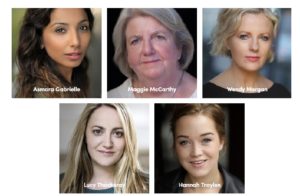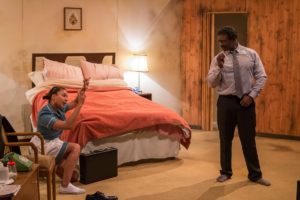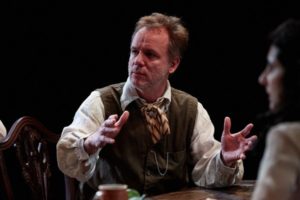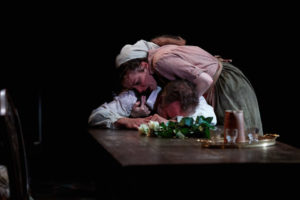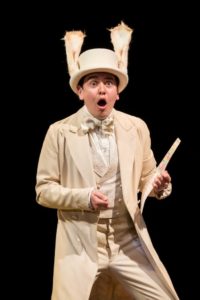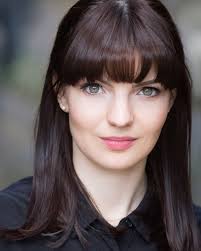 (5 / 5)
(5 / 5)
Following on from the success of The Shires, The Wandering Hearts are surely the next big breakthrough act in the world of British Country Music. On the evidence of their debut album, Wild Silence, it would be hard to argue otherwise. The recipients of the ‘Best Emerging Artist’ at last week’s Americana Awards have produced something of incredible scope. Here are twelve tracks that seamlessly flow into one another – a musical river of harmonies carving its way through a landscape of various genres and musical arrangements. The inclusion of such a vast array of influences into their songs could so easily have gone wrong. Yet far from a cacophony of sounds, here we have an album that triumphs in the audio equivalent of cocktail making. It shakes together a number of musical ingredients to create a drink bursting with flavour. Such a diverse recipe – including folk, rock, pop, country, and bluegrass – in the wrong hands, has the potential to be a disaster. Yet The Wandering Hearts have created something that packs an authentically tasty punch. It is an incredible and delicious sound.
This four-piece group are far from one-trick ponies. The album takes us on a journey through a soundscape that twists and turns at regular intervals. It is not only between each song, but within each song too, that such changing of musical direction and pace takes place. Opening track “Rattle”, for instance, begins with the floating harmonies of Tara Wilcox and Tim Prottey-Jones. Then, with a single drumbeat, the gravelly tones of AJ Dean-Revington are introduced and we are suddenly exposed to heavily-laden rock. The switch from one style to another is unexpected. Yet it is far from disjointed or off-putting. Similarly, “Laid into the Ground” begins as a sea shanty before rising to a crescendo of electronic rock. Again, it is unexpected, but surprising alluring. It seems that The Wandering Hearts have refused to sacrifice their multifarious influences in favour of one over all others. Instead, they have sought to incorporate all of them to one degree or another. As a result, it makes for a hugely enjoyable album that defies categorisation.
An inability to generically label The Wandering Hearts makes it hard to offer up comparisons. However, as I listened to Wild Silence, I couldn’t help thinking of Rend Collective. Both band’s albums are of an eclectic nature, and there is a definite similarity between the vocals of their female leads. There is also an ethereal quality to Wild Silence that is produced in a similar way to that found on the albums of Wildwood Kin and The Pierces. In all of these cases, it is the vocal harmonies of their members that manage to evoke such a transcendent sound. Certainly, during the title track for instance, I found that I was transported out of myself somehow. Not so much ‘our only sound’ as a holy sound.
I cannot speak highly enough of The Wandering Hearts. They have produced a stunning first album that deserves to be lauded with every award going. Wild Silence blends together an assortment of styles to create something that is distinct and hugely enjoyable. It is certainly my new favourite thing. Whether you’re a lover of the great outdoors or someone who loves to party on a Friday night, you are sure to find something that fits your mood here. Wild Silence is a musical selection box, full of tasty treats. I urge you to go and unwrap it now, and experience its beautiful, almost sacred, sounds.
Click here to visit their website




 (3 / 5)
(3 / 5)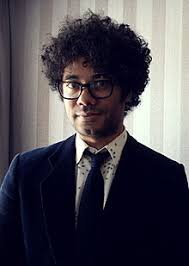

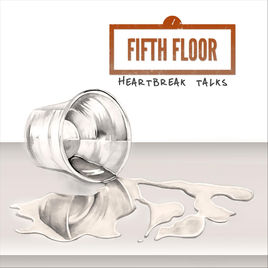

 (4 / 5)
(4 / 5)